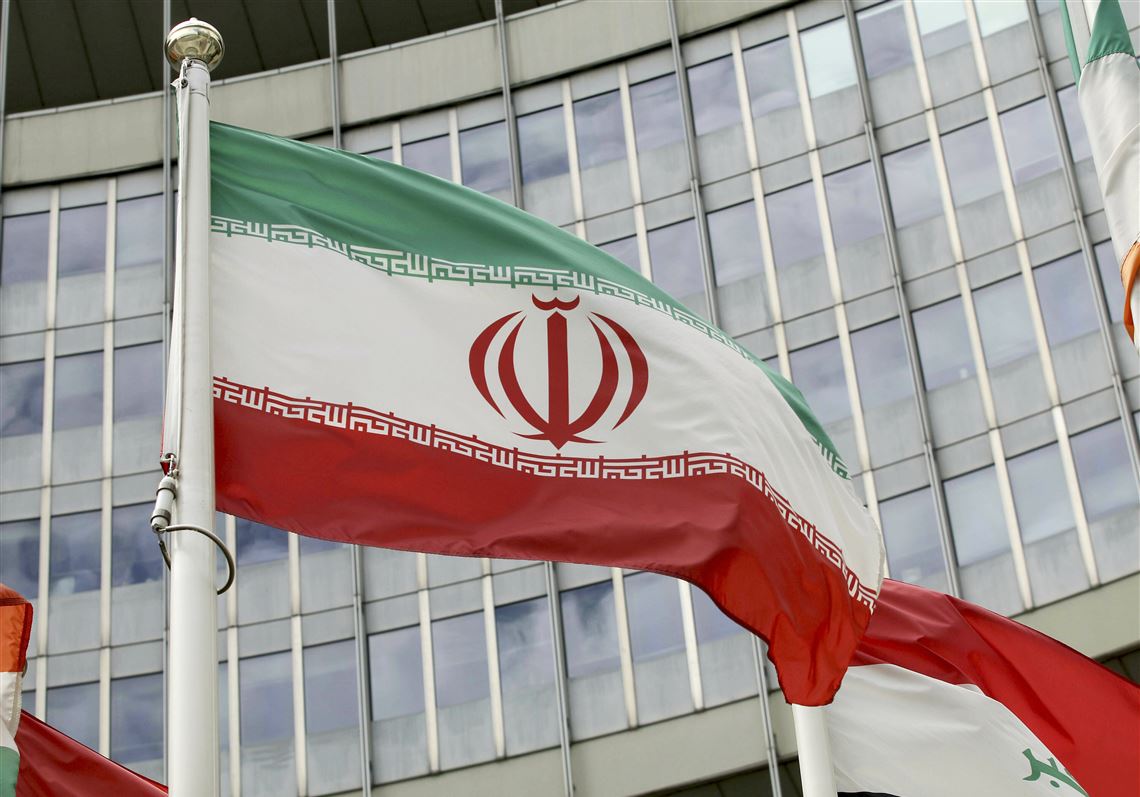Source: www.post-gazette.com

Instead, the community has developed a novel response to the persecution it suffers: constructive resilience, a non-adversarial approach to social change characterized by a search for creative ways to build and maintain just and vibrant patterns of community life even in the midst of systematic and often violent oppression.
While some groups accused by the government of “non-Islamic thought,” including left-wing ideologues and the Mujahedeen, have, in response to the kind of oppression in which the regime engages, dissolved or gone underground, the Bahá’í community has managed to find a way to thrive, in large part by launching one of the boldest educational projects to take shape since the community’s beginnings: the Bahá’í Institute for Higher Education.
An online university with majors in subjects from English to Architecture, the BIHE, as it is called, is a thriving and continually expanding institution served by both Iranian academics and an affiliated global faculty made up of professors who volunteer to teach hundreds of BIHE students at both the graduate and undergraduate levels.
What is it like to study in the BIHE? Since degrees conferred by the BIHE are not recognized in Iran, students who enroll in the program do so for other reasons.
As a recent graduate in civil engineering put it: “The most interesting thing about the BIHE for me is that the students are willing to learn for the sake of learning and the professors, who work without pay, are willing to teach for the sake of teaching.” Beyond the opportunity for education, participating in the BIHE means joining a unique community. As one sociology student explains: “No matter how you engage with the BIHE, you experience a social solidarity that transcends boundaries and even borders.”
This is not to say there have not been setbacks.
Makeshift classrooms in the homes of community members have been raided and the occasional face-to-face meetings of students and professors have been disrupted. Computers and lab equipment have been confiscated, and professors arrested.
But even such extreme measures have not succeeded in quashing this initiative. When a teacher is arrested, typically another community member will step up to take their place, so students can continue their studies; and it is as a result of this kind of commitment on the part of community members that the BIHE has continued to thrive for more than 30 years.
In the words of one Iranian Bahá’í: “There is never a time when you feel you are safe.”
But for the Bahá’ís of Iran, the experience has stimulated a fresh surge of creativity, one born of necessity, in the form of a community-owned initiative that translates into action the community’s commitment to education. The story of the BIHE is the story of a new kind of response to oppression. It is not only Bahá’í youth who benefit from the BIHE’s ongoing efforts. In its emphasis on service to the wider community, the BIHE is graduating socially concerned citizens who want to contribute to Iranian society.
Afra Amid lives in Tehran and is an aspiring journalism student in the BIHE; Sandra Lynn Hutchison is a Canadian writer who teaches in the BIHE.
First Published September 13, 2020, 4:30am
Leave a Reply